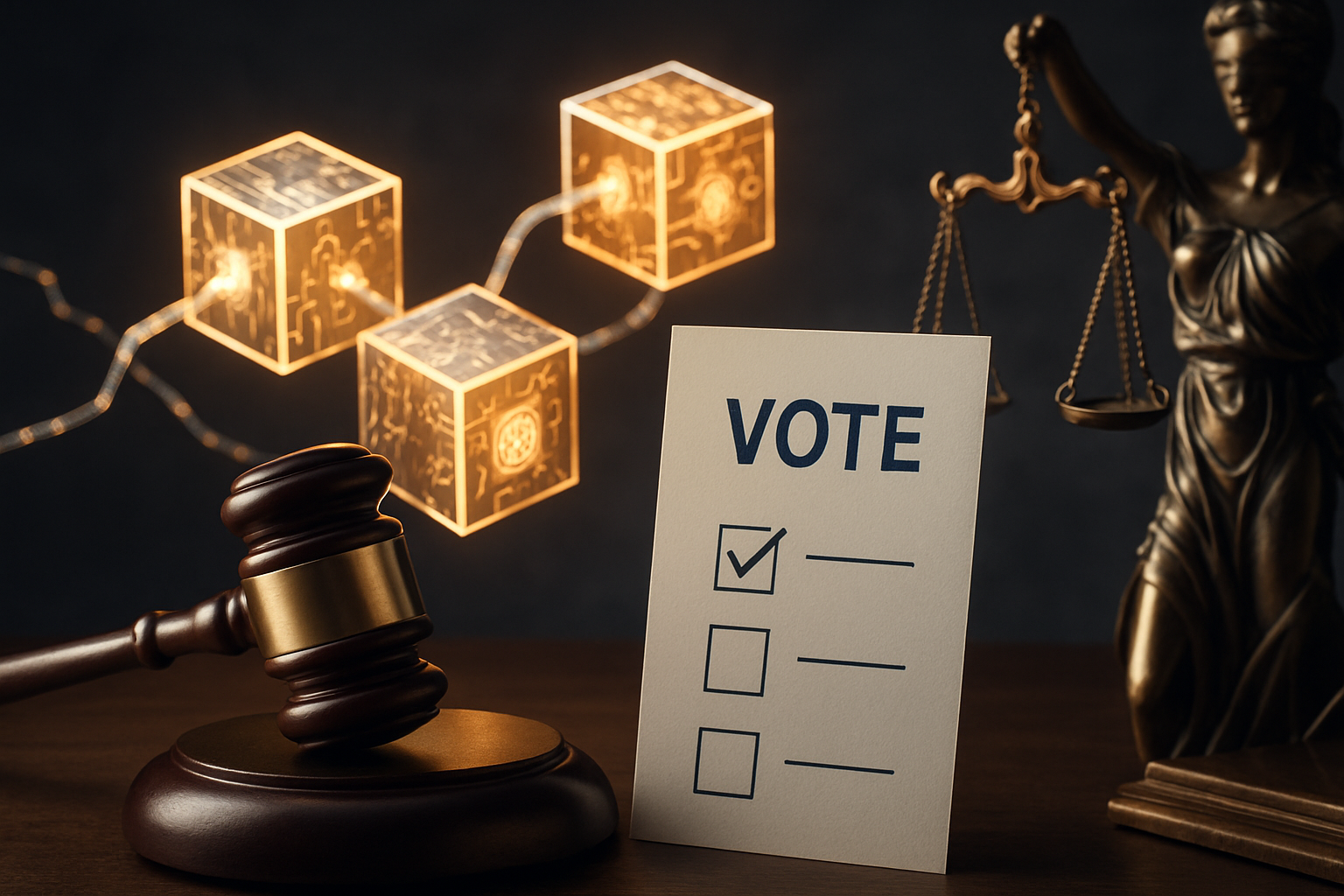The Judicial Recall Conundrum: Democracy vs. Judicial Independence
Introduction: In an era of heightened political polarization, the practice of judicial recall has emerged as a contentious issue, pitting democratic accountability against the principle of judicial independence. This article delves into the complex world of judicial recall, exploring its history, current applications, and the profound implications it holds for the American legal system.

Current Landscape of Judicial Recall
Today, only a handful of states permit judicial recall, with California being the most prominent example. The process typically involves gathering signatures to initiate a recall election, where voters decide whether to remove the judge and, if so, who should replace them. Recent high-profile cases, such as the 2018 recall of Judge Aaron Persky in California, have reignited debates about the merits and risks of this democratic tool.
The Case for Judicial Recall
Proponents of judicial recall argue that it serves as a crucial check on judicial power, ensuring that judges remain accountable to the public they serve. They contend that traditional methods of judicial discipline, such as impeachment, are often too cumbersome and rarely used, leaving recall as a necessary safeguard against judicial misconduct or decisions that grossly misalign with community values.
Arguments Against Judicial Recall
Critics of judicial recall warn that it poses a significant threat to judicial independence, a cornerstone of the American legal system. They argue that the possibility of recall may pressure judges to rule based on popular opinion rather than law and evidence, particularly in high-profile or controversial cases. This, they say, could erode the judiciary’s role as a protector of minority rights and a check on majoritarian excesses.
The Ripple Effects on Judicial Behavior
Research suggests that the mere existence of judicial recall provisions can influence judicial decision-making, even in states where recalls are rare. Judges in recall states may be more likely to issue harsher sentences in criminal cases or rule in favor of local interests in civil matters, potentially compromising their impartiality. This chilling effect on judicial independence raises questions about the long-term consequences for justice and the rule of law.
Constitutional Considerations
The constitutionality of judicial recall remains a subject of debate among legal scholars. While the U.S. Supreme Court has not directly addressed the issue, some argue that recall violates the principle of separation of powers by subjecting judicial decisions to popular review. Others contend that states have the right to determine their own methods of judicial selection and retention, including recall.
Alternative Approaches to Judicial Accountability
As the debate over judicial recall continues, some jurisdictions are exploring alternative methods to balance accountability and independence. These include enhanced judicial performance evaluations, more robust disciplinary processes, and increased transparency in judicial decision-making. Some states have adopted retention elections, where judges face a yes-or-no vote at the end of their terms, as a middle ground between lifetime appointments and direct elections.
The Future of Judicial Recall
The future of judicial recall in America remains uncertain. While some states have considered adopting recall provisions in recent years, others have moved away from the practice. The ongoing tension between democratic accountability and judicial independence suggests that the debate over judicial recall is far from settled. As society grapples with issues of trust in institutions and the role of the judiciary, the question of how best to ensure both accountable and independent courts will likely remain at the forefront of legal and political discourse.
In conclusion, the judicial recall debate encapsulates fundamental questions about the nature of democracy, the role of the judiciary, and the delicate balance between popular sovereignty and the rule of law. As America continues to navigate these complex issues, the resolution of the judicial recall conundrum may well shape the future of the nation’s legal landscape for generations to come.






